foods rich in potassium list: Boost Your Health with These 24 Supercharged Picks
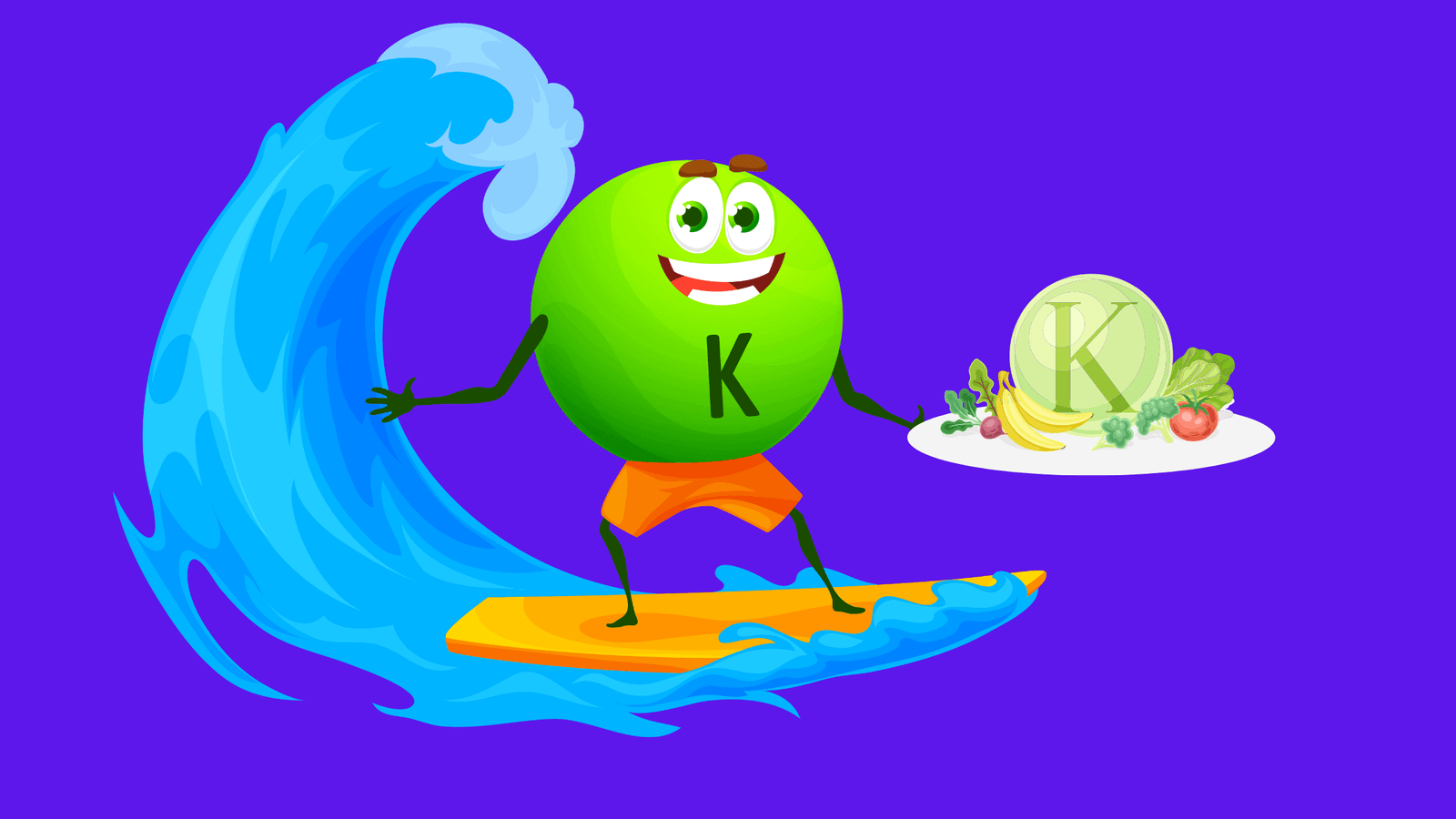
Potassium is an essential mineral that plays a crucial role in preserving the fluid balance within our cells. While bananas may be the first thing that comes to mind when we think of potassium-rich foods, there are actually many other options available for a diverse intake of this essential mineral.
Our bodies require a sufficient amount of potassium to maintain normal intracellular fluid levels. Working alongside sodium, which regulates the fluid levels outside the cells, potassium helps maintain a delicate balance. Additionally, it collaborates with the kidneys to eliminate excess sodium from the body and promotes the relaxation of blood vessels, thereby reducing the risk of high blood pressure.
Furthermore, potassium is required for proper nerve signal conduction, muscle contraction, and cardiovascular health. Considering its numerous functions, it is clear that potassium is an indispensable nutrient.
Since our bodies cannot produce potassium on their own, we must obtain it from our diet. However, most people struggle to meet their potassium requirements through food alone. Therefore, it is essential to prioritize potassium-rich foods in our diet.
Understanding the recommended daily intake of potassium.
It is crucial that our dietary requirements be met. The National Institutes of Health (NIH) recommends that women between the ages of 19 and 50 consume around 2,600 milligrams (mg) of potassium daily.
To put this into perspective, a medium-sized banana contains around 420mg of potassium. One should not, however, rely solely on bananas as a source of potassium. Getting enough of this crucial mineral requires eating a varied and balanced diet.
what foods are rich in potassium? foods rich in potassium list
1. Leafy Greens
Dark leafy greens have the highest potassium content of any food group. For example, one cup of spinach contains about 1180 milligrams of potassium. Swiss chard is another excellent option, offering around 1000mg per cup. Cooking these greens actually increases their potassium content. They are delicious in smoothies, soups, pastas, and even eggs, and can be prepared by boiling or frying. source
2. Avocado
Known for its versatility, the avocado is a potassium powerhouse, containing about 345mg in just half of the fruit. You can easily incorporate avocado into your diet by adding it to salads or spreading it on wholemeal toast. source
3. Potatoes
While sweet potatoes are often praised for their health benefits and potassium content (about 700mg per medium-sized baked sweet potato), it’s the less glamorous white potato that steals the show with over 900mg in the same quantity. Praise the mighty white potato, also known as the JP (jacket potato). source
4. Brown Rice and Wholemeal Bread
While not as high in potassium as some other options, brown rice remains a budget-friendly and widely available source, providing over 150mg per cup. Similarly, wholemeal bread contains approximately 90mg of potassium per slice. source
5. Kiwi
Surprisingly, a tiny kiwi contains about 215mg of potassium, making it a good choice for anyone looking to increase their intake of this vital mineral. A delicious and healthy supplement to your diet. source
6. Pomegranate
Pomegranates, another unexpected contender, pack a whopping 666 milligrams of potassium into a medium fruit. If you prefer, you can also obtain potassium from pomegranate juice if dealing with the seeds seems like too much effort. source
7. Watermelon
Watermelon is a great source of potassium and is a great snack because it is both healthful and delicious. A tasty and refreshing way to get your potassium fix this summer. source
8. Sun-dried Tomatoes
The 925mg of potassium in half a cup of sun-dried tomatoes is quite high. Salads, pasta sauces, or even just as an antipasti dish, you can’t go wrong with these tasty tomatoes. Another handy choice that is easy to integrate into a variety of recipes is tomato paste, which has 560mg per half cup.. source
Related: What Is The Healthiest Food We Can Eat? Top 10, Debate Ended.
9. Butternut Squash
A cup of chopped butternut squash contains 582mg of potassium, making it an easy win for potassium intake. If the laborious prep, such as cutting through the hard skin, puts you off, you can opt for frozen and pre-chopped butternut squash. It can be added to curries or risottos for a delicious potassium-rich addition. source
10. Coconut Water
Coconut water is not only refreshing but also provides a good amount of potassium. One cup of coconut water provides approximately 600mg of potassium, making it a great choice for hydration and a potassium boost. source
11. Beans and Legumes
The potassium content in beans and other legumes is very high. More than 350 milligrams of potassium can be found in half a cup of most beans and legumes, including lima beans, pinto beans, kidney beans, soybeans (edamame), and lentils. These adaptable components can be included into a wide range of recipes to boost potassium intake.. source
12. Dried Apricots
Dried apricots are a wonderfruit when it comes to potassium, containing 1101mg in a half cup. However, it’s not recommended to consume that many all at once. Moderation is key, and consuming 3 or 4 dried apricots per day can contribute to your potassium intake. source
13. Beetroot
The antioxidant capabilities of beetroot are well-known, but that’s not all it has to offer nutritionally. The amount of potassium in half a cup of beetroot is about 259 milligrams. Add beetroot to your diet by eating salads, drinking beet juice, or cooking with roasted beets. source
14. Fish
Various fish species, such as salmon, mackerel, tuna, halibut, snapper, cod, and trout, contain more than 400mg of potassium in an 85g fillet. Adding fish to your diet not only increases potassium intake but also provides other essential nutrients. source
15. Juice
Although it’s important to watch out for the sugar in juices, some of them actually contain quite a bit of potassium. The potassium level of various fruit and vegetable juices stands out. This is especially true of orange, tomato, prune, grapefruit, and apricot juices. Consume them as part of a healthy diet, but do so moderately. source
16. Low-Fat Dairy Yogurt and Milk
Including low-fat dairy products like yogurt and milk in your breakfast can provide a potassium boost. One cup of low-fat dairy yogurt contains approximately 573mg of potassium. Opt for low-fat and low-sugar alternatives to maximize potassium intake. source.
17. Oranges
Oranges are not only known for their vitamin C content but also for their potassium content. One medium-sized orange contains around 237mg of potassium. Enjoying oranges as a snack or incorporating them into salads and juices can provide a potassium boost. source
18. Yogurt
Yogurt, in addition to being a good source of calcium and probiotics, also offers potassium. A cup of yogurt can contain approximately 573mg of potassium, depending on the brand and type. Opt for plain or low-fat yogurt for a healthier option. source
19. Cantaloupe
Cantaloupe, a refreshing fruit, provides a moderate amount of potassium. One medium-sized cantaloupe contains about 473mg of potassium. Enjoy slices of cantaloupe on their own or add them to fruit salads for a potassium-rich treat. source
20. Brussels Sprouts
Brussels sprouts, a cruciferous vegetable, offer numerous health benefits, including potassium. Half a cup of cooked Brussels sprouts contains approximately 250mg of potassium. Roast or steam them as a delicious side dish to increase your potassium intake. source
21. Salmon
Salmon is not only a great source of omega-3 fatty acids but also contains potassium. A 3-ounce (85g) serving of salmon provides around 326mg of potassium. Include salmon in your diet as a healthy protein option. source
22. Prunes
Prunes, dried plums, are known for their high fiber content and are also a good source of potassium. One cup of prunes contains approximately 828mg of potassium. Enjoy prunes as a snack or incorporate them into baking and cooking recipes. source
23. Acorn Squash
Acorn squash is a winter squash variety that offers potassium among its nutritional benefits. One cup of cooked acorn squash provides around 896mg of potassium. Roast or steam acorn squash as a tasty and nutritious side dish. source
24. Edamame
Edamame, young soybeans, is a popular snack and a good source of potassium. Half a cup of cooked edamame contains approximately 485mg of potassium. Enjoy edamame as a protein-rich and potassium-packed snack. source
Conclusion.
Getting the right amount of potassium every day is essential for staying healthy. Potassium is essential for maintaining a healthy fluid balance, controlling blood pressure, helping nerves work properly, and benefiting the health of your muscles and heart. Bananas may be a household name, but they aren’t the only item that packs a nutritional punch when it comes to potassium.
Potassium can be found in abundance in foods like dark leafy greens like spinach and Swiss chard, avocados, potatoes, brown rice, kiwi, pomegranate, watermelon, sun-dried tomatoes, butternut squash, coconut water, beans and legumes, dried apricots, beetroot, fish, juices, and low-fat dairy products like yogurt and milk. Consuming these foods as part of a well-rounded diet can help you get the potassium you need every day.
You may do a lot of good for your health if you eat a wide variety of tasty and nutritious meals that are high in potassium. Always check in with your doctor or a qualified dietitian to get advice on what to eat that is tailored to your unique needs and health status.

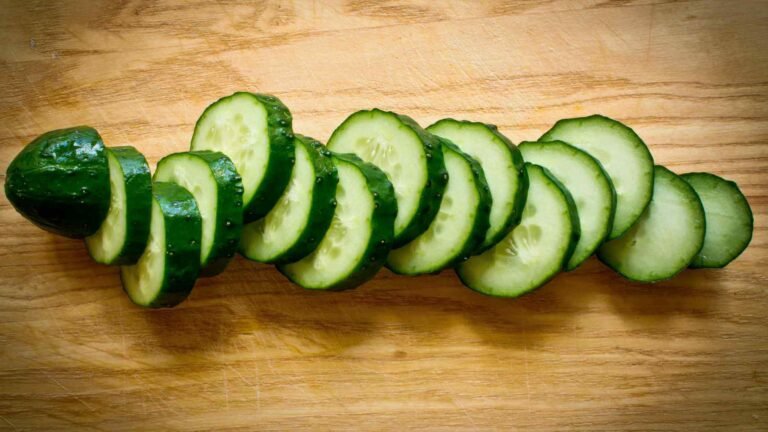

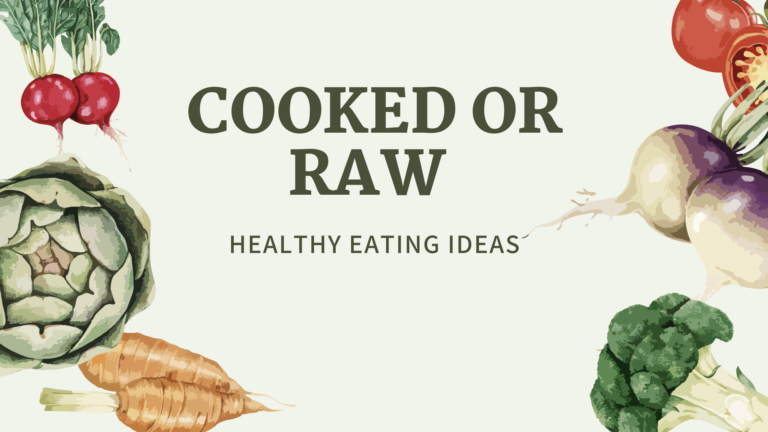
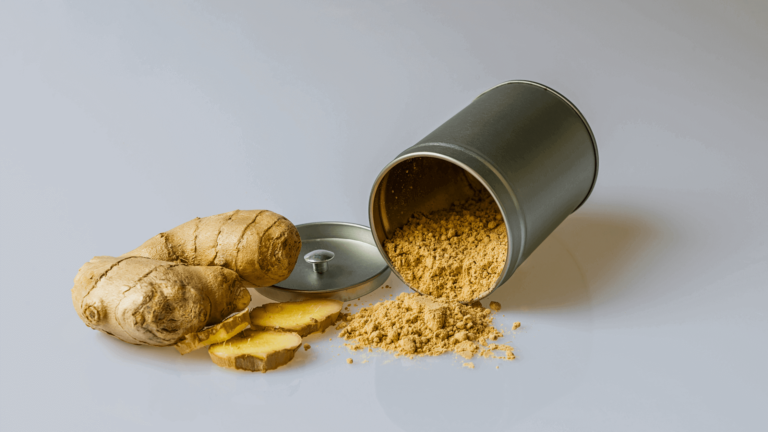
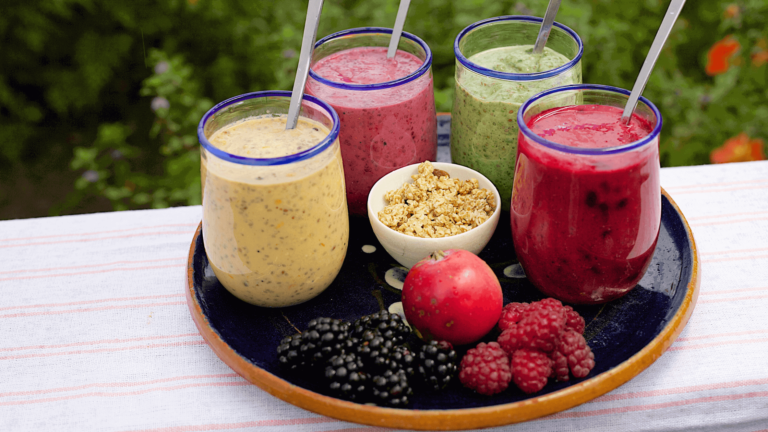
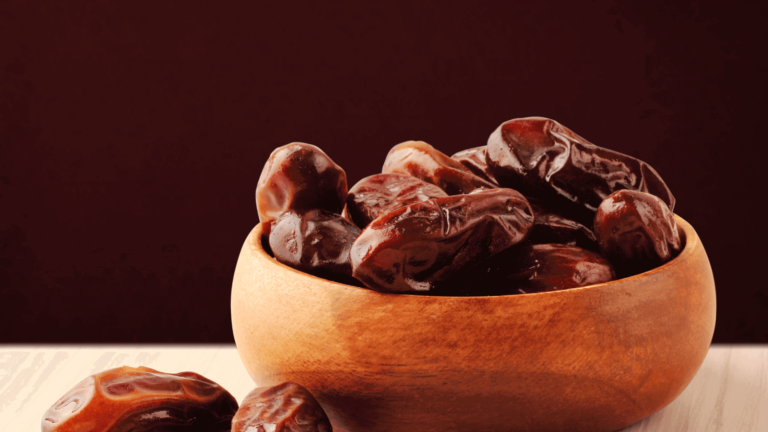
One Comment